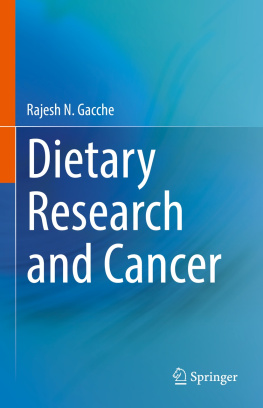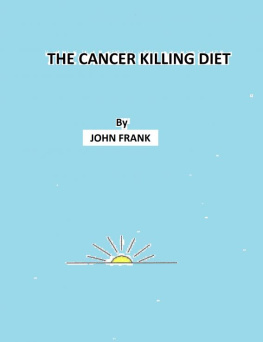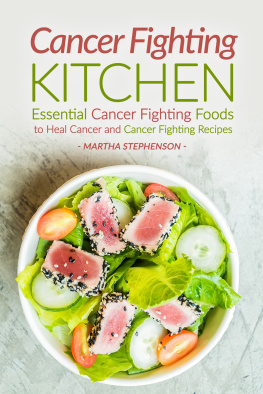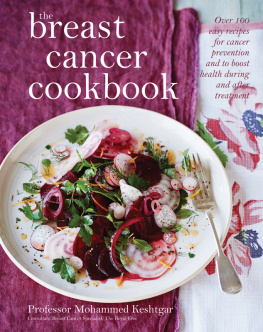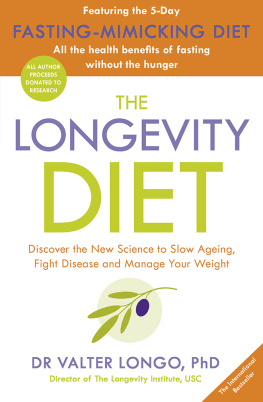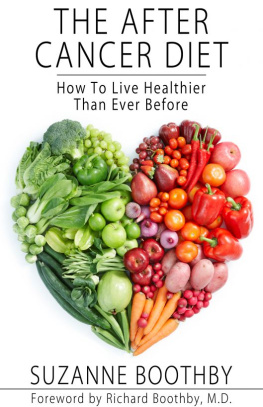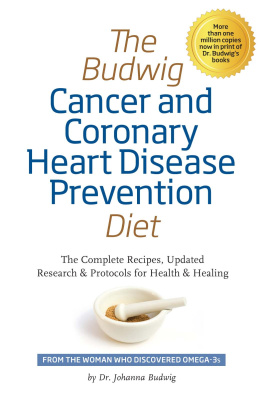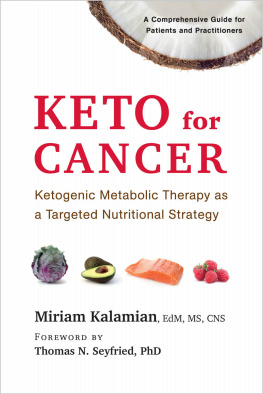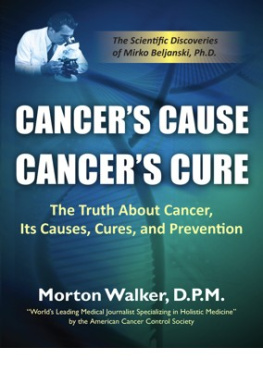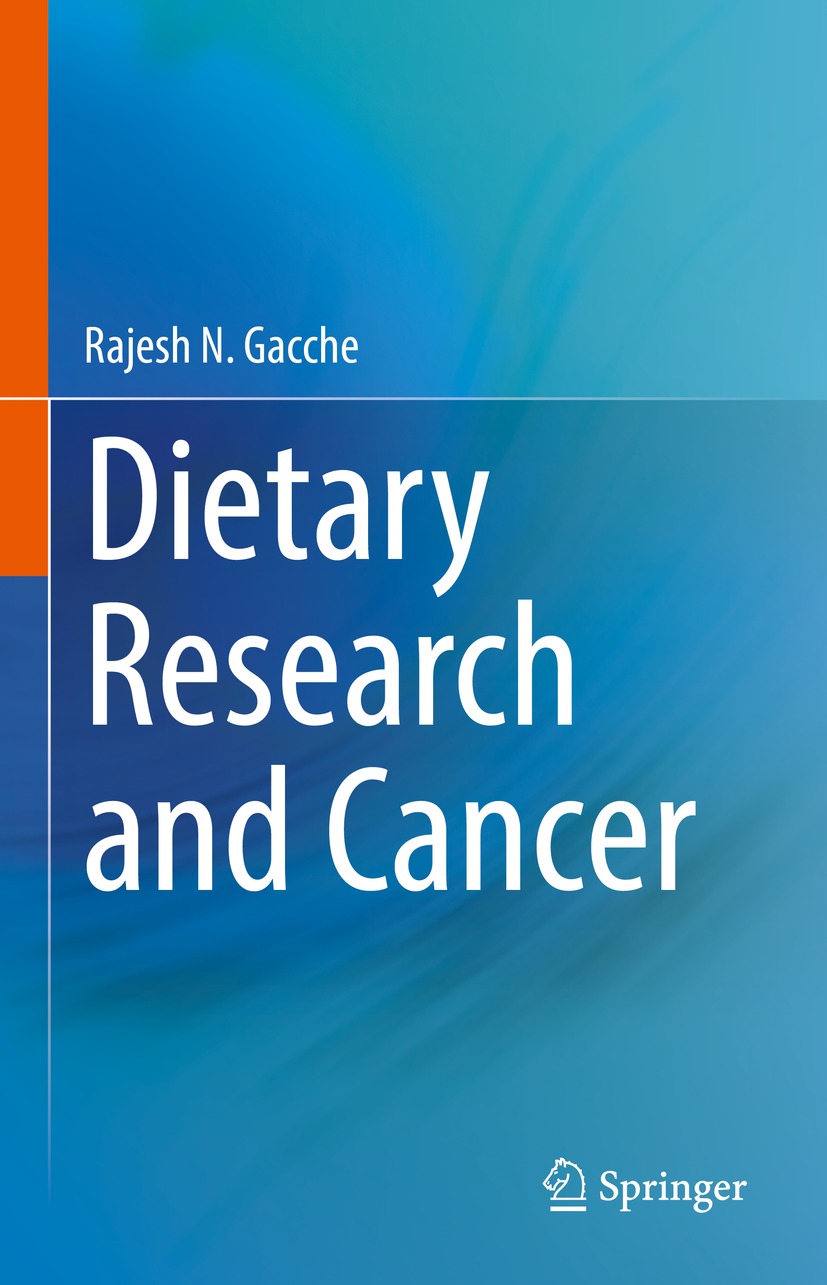Rajesh N. Gacche
Dietary Research and Cancer
1st ed. 2021

Logo of the publisher
Rajesh N. Gacche
Tumor Biology Laboratory, Department of Biotechnology, Savitribai Phule Pune University, Pune, Maharashtra, India
ISBN 978-981-16-6049-8 e-ISBN 978-981-16-6050-4
https://doi.org/10.1007/978-981-16-6050-4
The Editor(s) (if applicable) and The Author(s), under exclusive license to Springer Nature Singapore Pte Ltd. 2021
This work is subject to copyright. All rights are solely and exclusively licensed by the Publisher, whether the whole or part of the material is concerned, specifically the rights of translation, reprinting, reuse of illustrations, recitation, broadcasting, reproduction on microfilms or in any other physical way, and transmission or information storage and retrieval, electronic adaptation, computer software, or by similar or dissimilar methodology now known or hereafter developed.
The use of general descriptive names, registered names, trademarks, service marks, etc. in this publication does not imply, even in the absence of a specific statement, that such names are exempt from the relevant protective laws and regulations and therefore free for general use.
The publisher, the authors and the editors are safe to assume that the advice and information in this book are believed to be true and accurate at the date of publication. Neither the publisher nor the authors or the editors give a warranty, expressed or implied, with respect to the material contained herein or for any errors or omissions that may have been made. The publisher remains neutral with regard to jurisdictional claims in published maps and institutional affiliations.
This Springer imprint is published by the registered company Springer Nature Singapore Pte Ltd.
The registered company address is: 152 Beach Road, #21-01/04 Gateway East, Singapore 189721, Singapore
Dedicated to my parents, who besides illiterate had a courage to admit me in School and made my life meaningful!!!
Foreword

Great strides of appreciable efforts have been made in decreasing the progression of cancer; however, the global incidence and cancer-related mortality are still substantially increasing across the world. We still have to understand more about the molecular drivers of cancer progression. Sizable volume of research also pinpoints at the pathophysiology of cancer with individuals lifestyle, physical activity, dietary habits and mindset. Owing to the essential role played by these contributing factors, many National Health Programmes and world reputed organizations have taken initiatives in providing guidance, support and evidence-based strategies for the cancer survivors, health service providers and populations for reducing the cancer risk. In fact, such endeavours for providing evidence-based strategic approaches are more authentic when there is a collaborative network of experts from the area of cancer biology, epidemiology, prevention, public health, policy makers and health service providers, especially oncologists and medical professionals.
The advances in cancer biology research have clearly demonstrated that the progression of tumour growth is closely associated with the supply of nutrients that are usually derived from the dietary inclusions of the host. These understandings further paved the way for modifying the individuals diet that may alter the nutrient availability in the tumour microenvironment and may target the metabolic vulnerabilities of the cancer cells and might also enhance the efficacy of cancer chemotherapy drugs. Thus, dietary interventions at present represent a promising strategic approach for integrated management of cancer.
Tailoring dietary approaches has remained one of the important treatment options for the management of obesity. The evolving literature links obesity with the onset of diabetes. The current molecular understandings shed light on diabetes-related factors which are associated with risk, progression, mortality and treatment of cancer. At present, diabetes seems to be a neglected risk factor for the neoplastic transformation and only limited literature is available on their correlation, and perhaps the lack of mechanistic understanding in such comorbid conditions may contribute to higher mortality rates. Owing to glucose addiction of cancer cells, the future research settings have an opportunity to understand the prevalence of hyperglycaemiacancer. Dietary interventions are also known to modulate the diabetes-related cytokines such as adiponectin, resistin and leptin. The recent findings have unravelled the role of resistin in the development of insulin resistance under obese condition, and it is also linked with a variety of human ailments including cancer. There is equal scientific opportunity for understanding the effect of different dietary patterns on resistin regulation as recent reports suggest that the secretion of resistin in rodents is strongly influenced by genetics as well as dietary interventions.
Besides the physiological functions of cholesterol, the dietary sources that contain high amounts of cholesterol have been attributed with a variety of human degenerative diseases and disorders like obesity, cardiovascular disease, diabetes and cancer. More precisely, a series of clinical observations revealed the dynamics of blood cholesterol levels in cancer patients. The scientific endeavours towards understanding how the cholesterol is being inscrutably hijacked for the development of malignancy, progression, survival, stemness and metastasis of cancerous cells will be of immense importance for modifying the dietary patterns and also for tailoring novel therapeutic approaches for the treatment of cancer. Of note, the dysregulation of the cholesterol metabolism has been shown to hamper various treatment strategies in different types of human cancers.
The book Dietary Research in Cancer by Prof. Rajesh Gacche is a landscape of information related to Diet-Cancer discourse touching multiple facets of diet-related mechanisms in the pathophysiology of cancer progression. Besides the dietary research in a variety of cancers, Prof. Gacche has also taken due care of providing diet-related information to cancer survivors. The dietary recommendations from worldwide cancer-related organizations have been presented in this book, which perhaps will be a ready reference booklet for cancer patients. The book can be an exhaustive resource for the researchers working in the mainstream of Diet-Nutrition-Cancer. Several recent advances like the effect of dietary interventions/patterns on cancer stem cells, oncogenic and tumour suppressor miRNAs, cancer epigenetics, anticancer drugs targets, etc. have been precisely consolidated in this book by citing current literature. Prof. Gacche has also made an attempt to present clinical evidence-based answers to a variety of diet-related questions and illusions. More precisely, the chapters on fasting/calorie restrictions in concert with chemotherapy efficiency and cancer prevention clearly outlines the current state affairs in cancer progression and diet.

